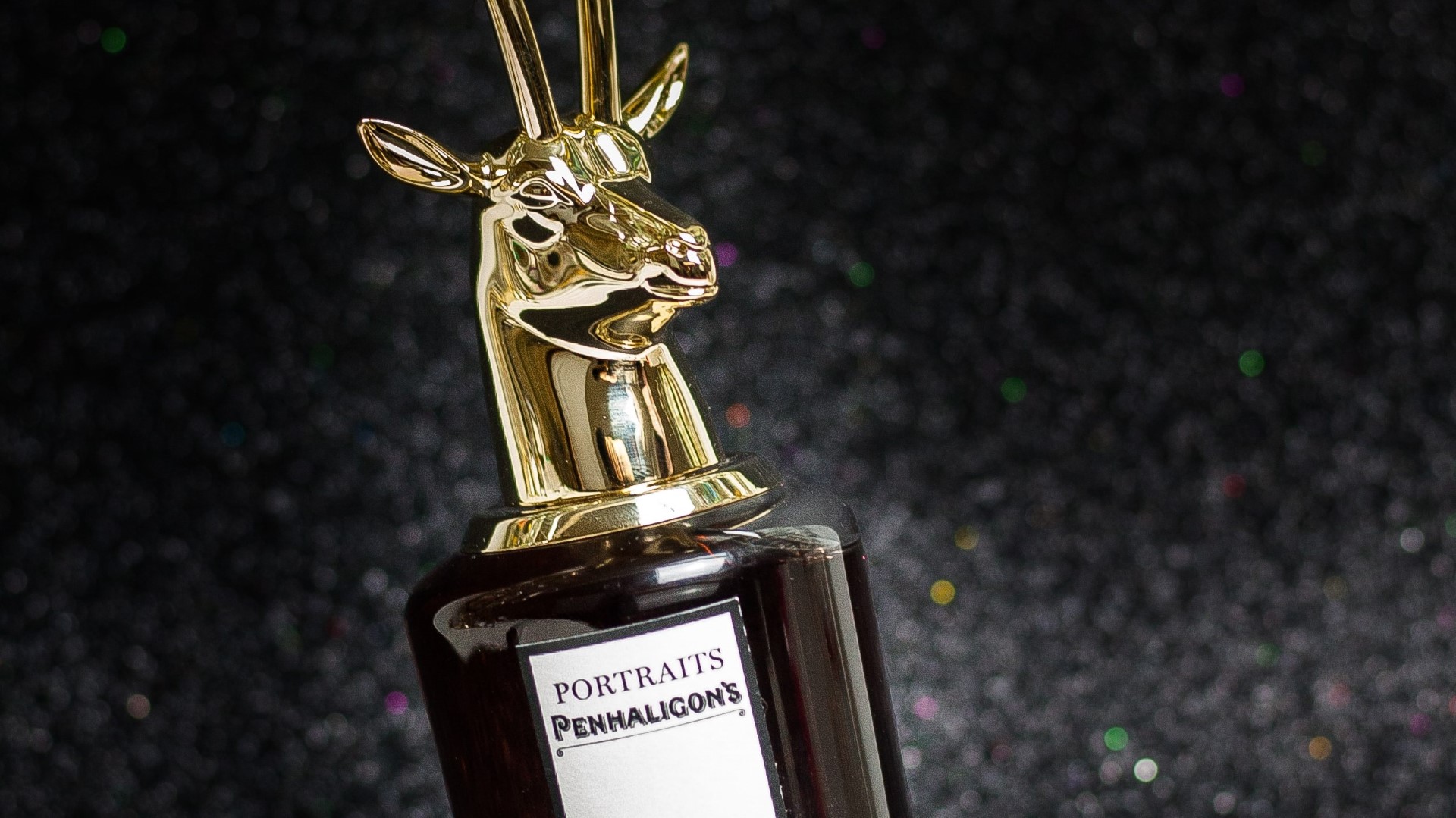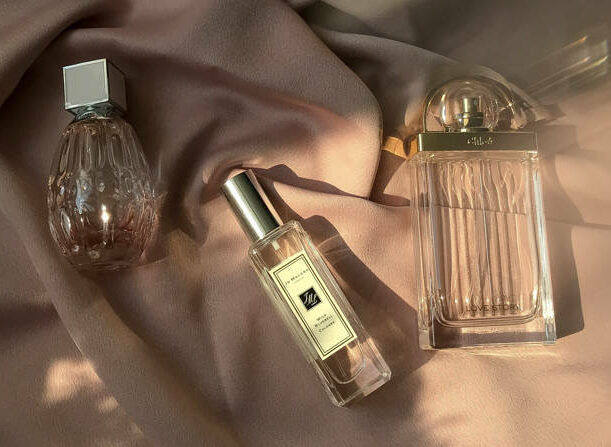This post is also available in:  English
English 繁體中文 (Chinese (Traditional))
繁體中文 (Chinese (Traditional))
Finding Your Scent: How to Choose a Perfume That Matches Your Personal Smell and Style
LIFESTYLE / 2023-04-12
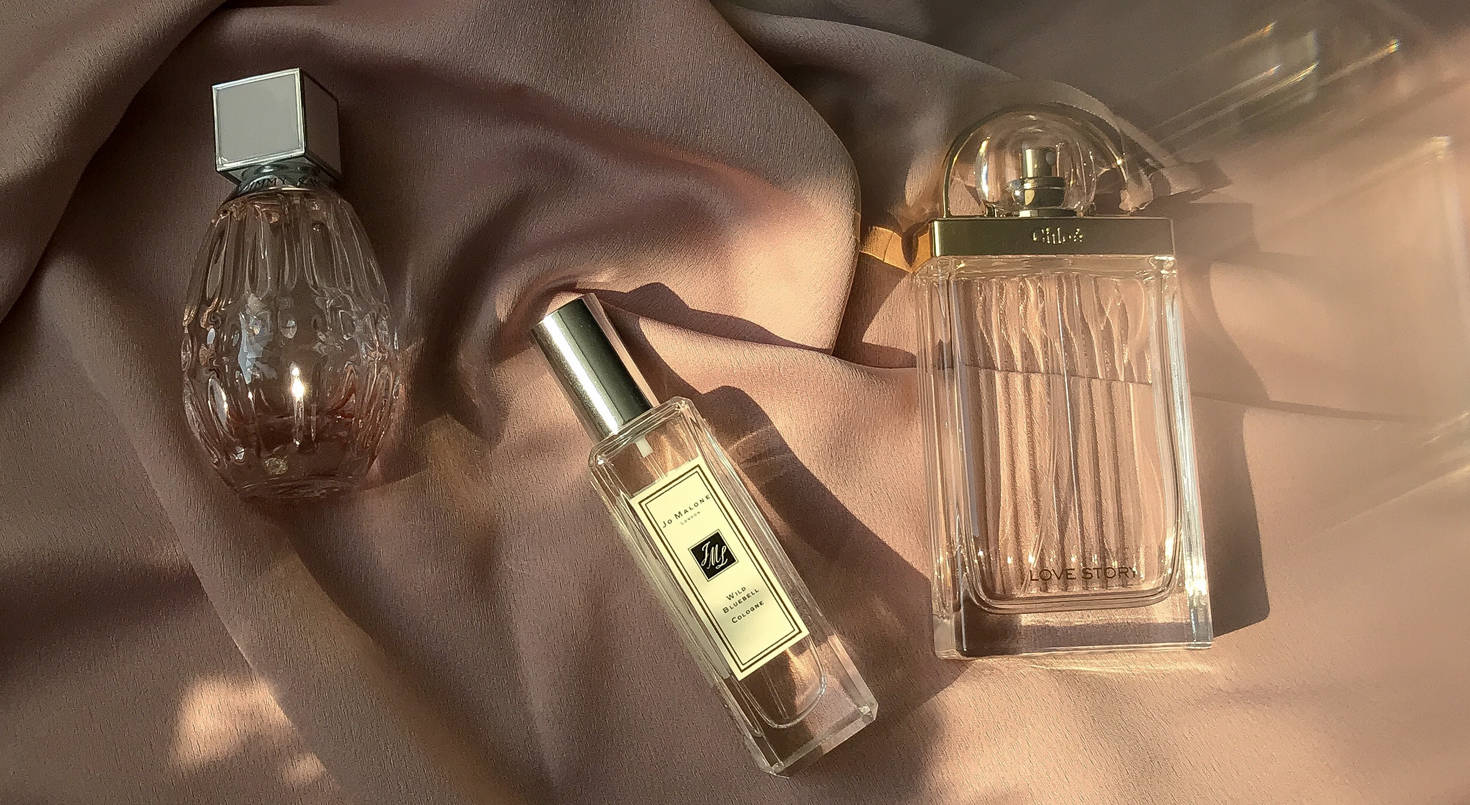
- What is the composition of the perfume?
- How long does the scent of perfume last?
- How long is the shelf life of perfume?
- Can perfume be worn with clothes?
- What is the difference between the price of perfume?
- What are the types of perfume?
- What is the method of using perfume?
- Does the fragrance irritate the skin?
- What is the application of perfume?
- How to choose a perfume to match your personal smell and style?
What is the composition of the perfume?
The ingredients of perfume usually include water, alcohol, spices, essential oils and additives. The exact ingredients depend on the type and brand of perfume, but they usually contain the following ingredients:
Spices: mainly aromatic compounds extracted from natural plants, such as rose, jasmine, sandalwood, musk, etc.
Essential oils: Essential oils usually derived from plants, such as neroli, lavender, peppermint, etc.
Alcohol: The solvent of perfume, which can dissolve the fragrance and essential oil together, so that it can distribute the fragrance evenly.
Additives: including preservatives, thickeners, pigments, etc., to maintain the stability and quality of perfume.
Be aware that some fragrances may also contain other ingredients such as dyes, resins, animal secretions, etc.
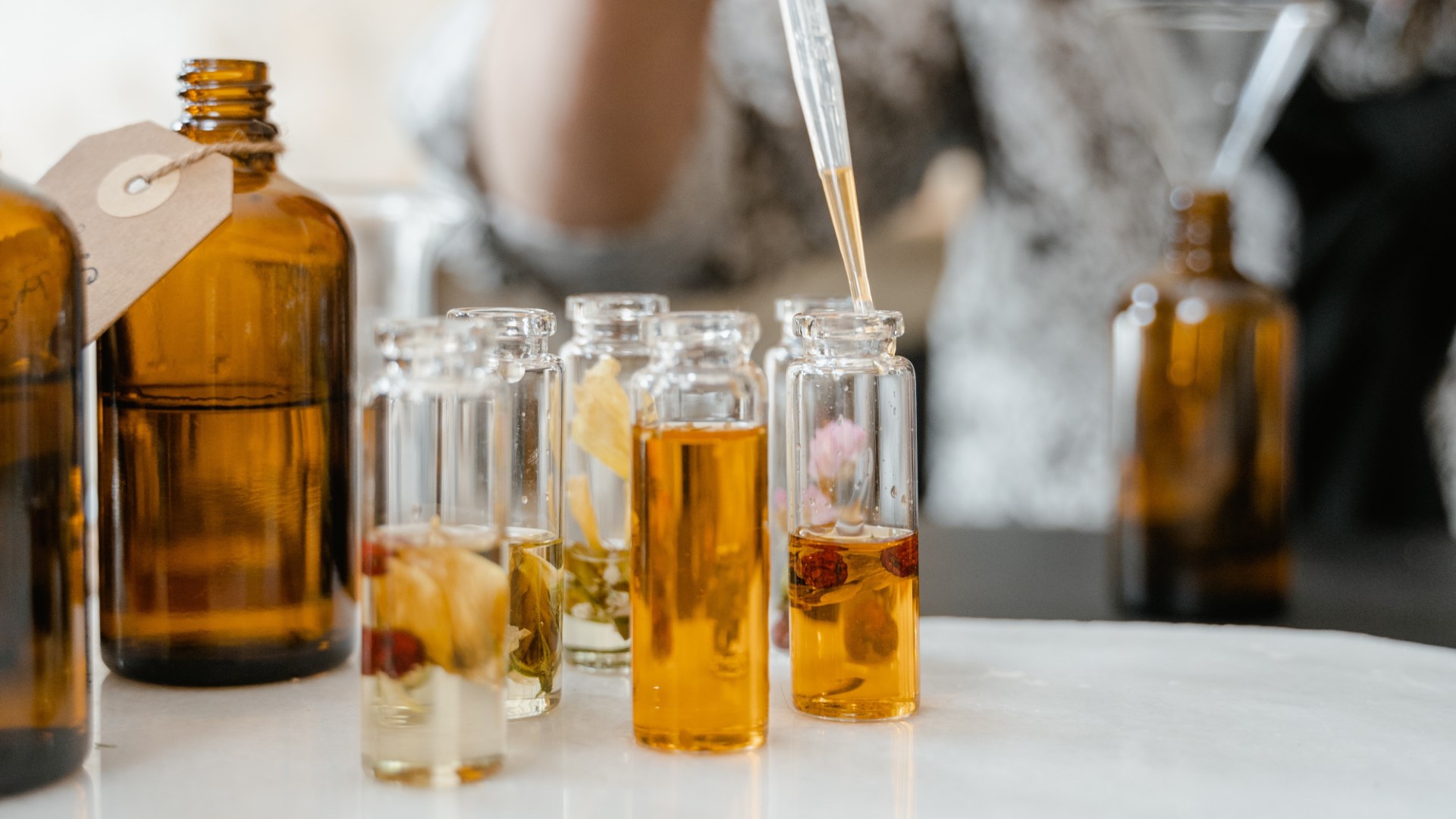
How long does the scent of perfume last?
How long the scent of perfume can last depends on many factors, including the formula, concentration, usage method, personal physique and external environment of the perfume, etc. Generally speaking, the scent of perfume can last from a few hours to a whole day.
Here are some factors that affect the longevity of a perfume scent:
Formula and concentration: Perfume with high concentration usually lasts longer. For example, cologne with the highest concentration of perfume can last for several days. Conversely, low-concentration eau de toilette may only last for a few hours.
How to use: Spray the perfume on clothes or skin, and apply it properly to make the fragrance last longer.
Personal constitution: Everyone's skin and body odor are different, which will also affect the fragrance persistence and presentation effect of perfume.
External environment: Humidity and temperature can also affect the scent of a perfume. In humid weather, the scent of a perfume may become more intense, while in dry conditions, the scent may evaporate more quickly.
Generally speaking, the fragrance persistence of perfume varies from person to person, and you can choose the perfume that suits you according to your physique and usage habits.
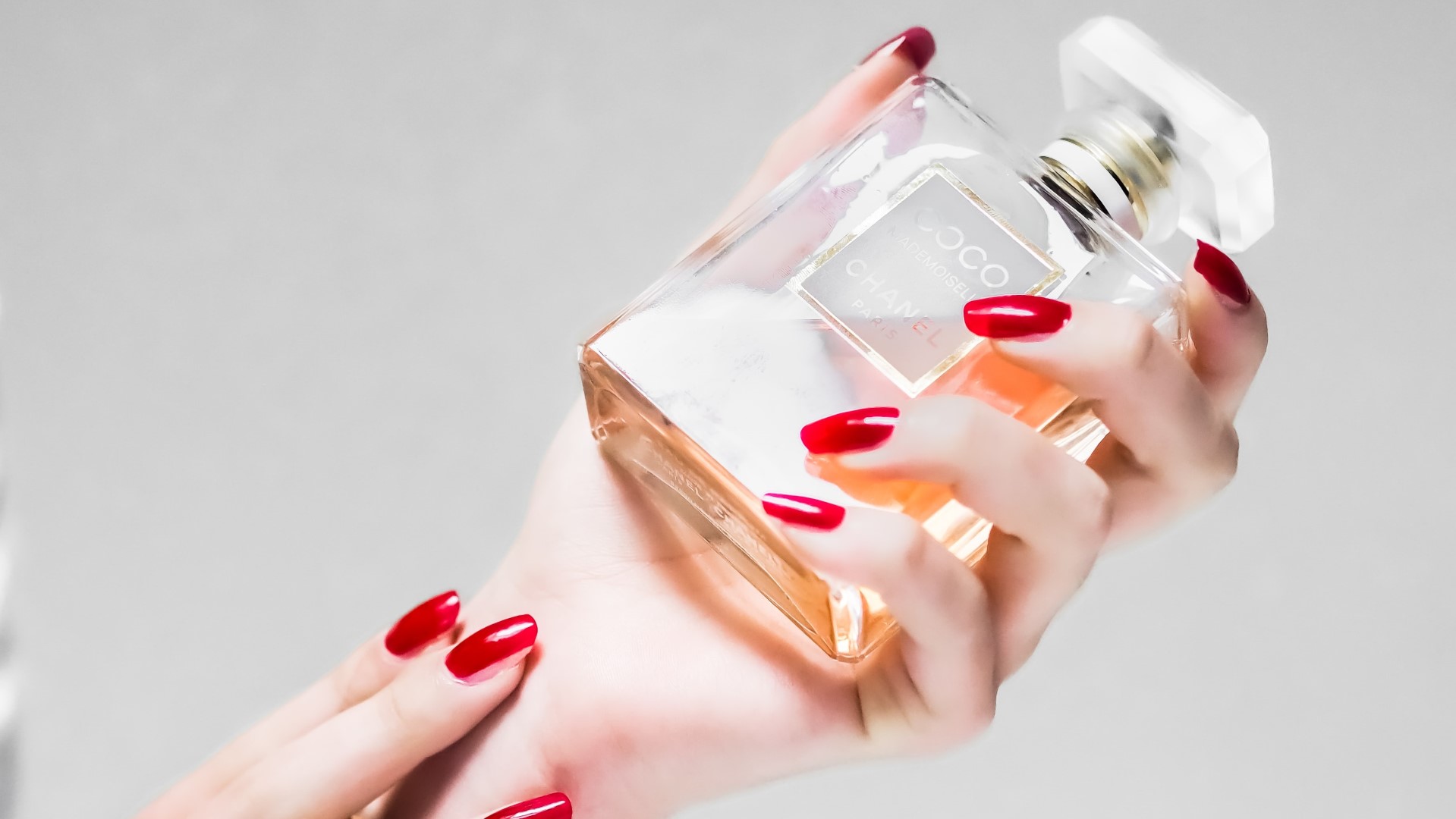
How long is the shelf life of perfume?
The shelf life of perfume is usually 3 to 5 years, depending on factors such as brand, ingredients and storage method. The shelf life of a perfume is the amount of time a perfume will remain in top condition and smell under the correct storage conditions. In general, the length of the storage period depends on the following:
Ingredients: Fragrances with natural ingredients, such as essential oils and plant extracts, usually have a shorter shelf life because they are prone to spoilage and spoilage. Synthetic fragrances and perfumes with chemical ingredients have a relatively long shelf life.
Storage method: The correct storage method can prolong the life of the perfume. Store your perfume in a cool, dry place out of direct sunlight to avoid deterioration and loss of fragrance.
Brand: Different brands of perfume have different ingredients and formulas, so the shelf life will also vary.
Frequency of use: The more frequently you use it, the shorter the shelf life of your perfume. Because every time you use perfume, the fragrance will be affected by factors such as air and temperature, which will lead to the loss and deterioration of the fragrance.
Generally speaking, the shelf life of perfume is limited. It is recommended to pay attention to the date of manufacture and shelf life when purchasing. If the perfume has exceeded the shelf life, it is recommended not to continue to use it.
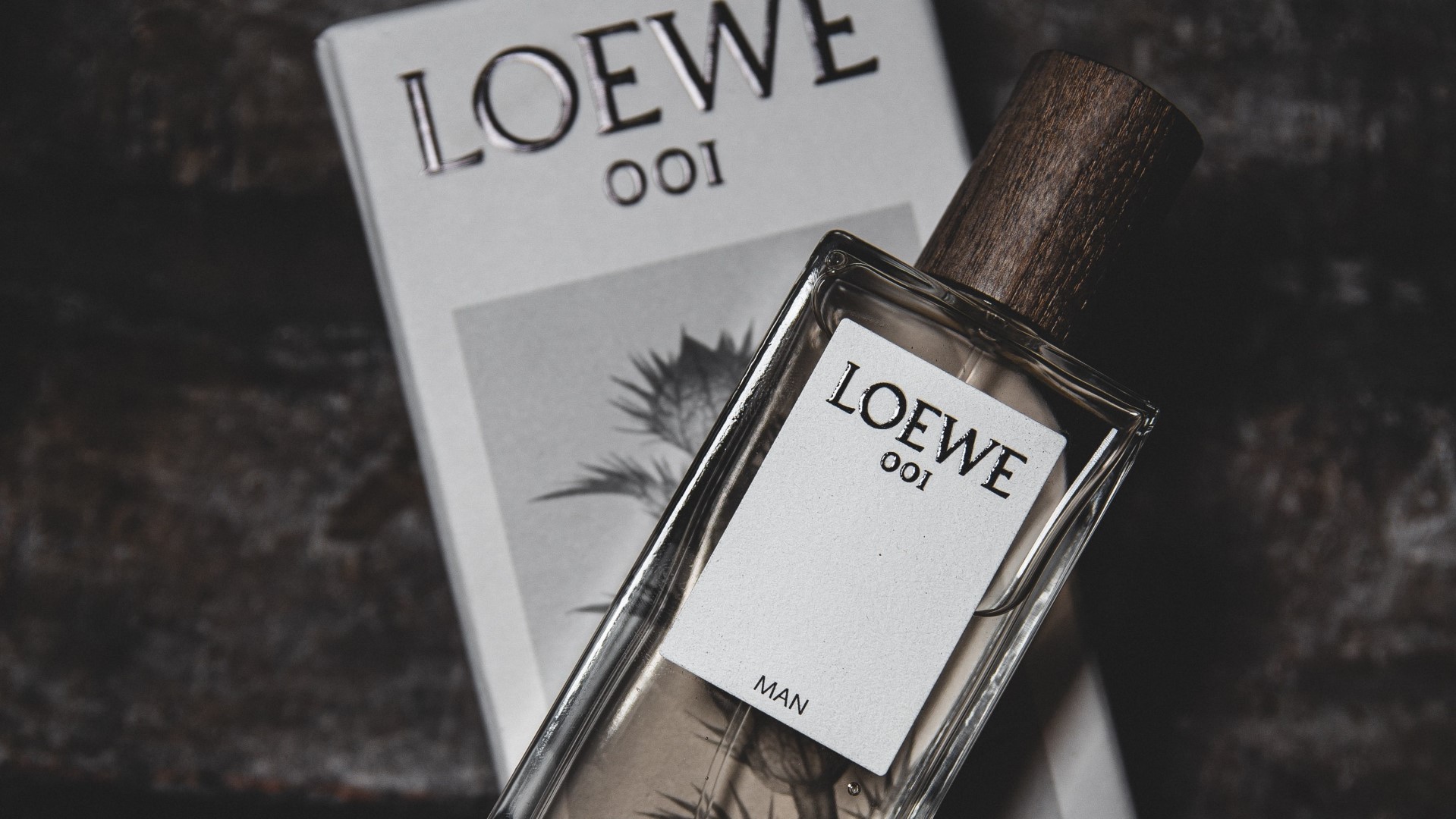
Can perfume be worn with clothes?
Perfume can be matched with clothes, and different fragrances can be matched with clothes to create a unique style and atmosphere. Here are some suggestions:
Choose the right fragrance: Different fragrances can create different atmospheres for clothes, such as sweet, sexy, fresh and so on. When choosing a fragrance, you can consider the color and material of the clothes. Choosing a suitable fragrance combination can enhance the overall style and atmosphere.
Pay attention to concentration: the concentration of perfume will also affect the combination of fragrance and clothes. Generally speaking, Eau de Toilette is more suitable for matching with clothes, because their fragrance is relatively light and will not be too strong, which will affect the overall effect.
Proper use of perfume: Appropriate use of perfume can create a subtle aroma to clothes, but be careful not to use too much, or it may affect the overall vibe and style.
Pay attention to the needs of different occasions: Different occasions require different styles and atmospheres, so when matching perfume and clothes, consider the needs of the occasion. For example, formal occasions may call for a more understated and elegant scent, while casual occasions may opt for a lighter and fresher scent.
Generally speaking, perfume can be matched with clothes, but proper use and attention to different occasion needs can add more elements to the overall style and atmosphere.
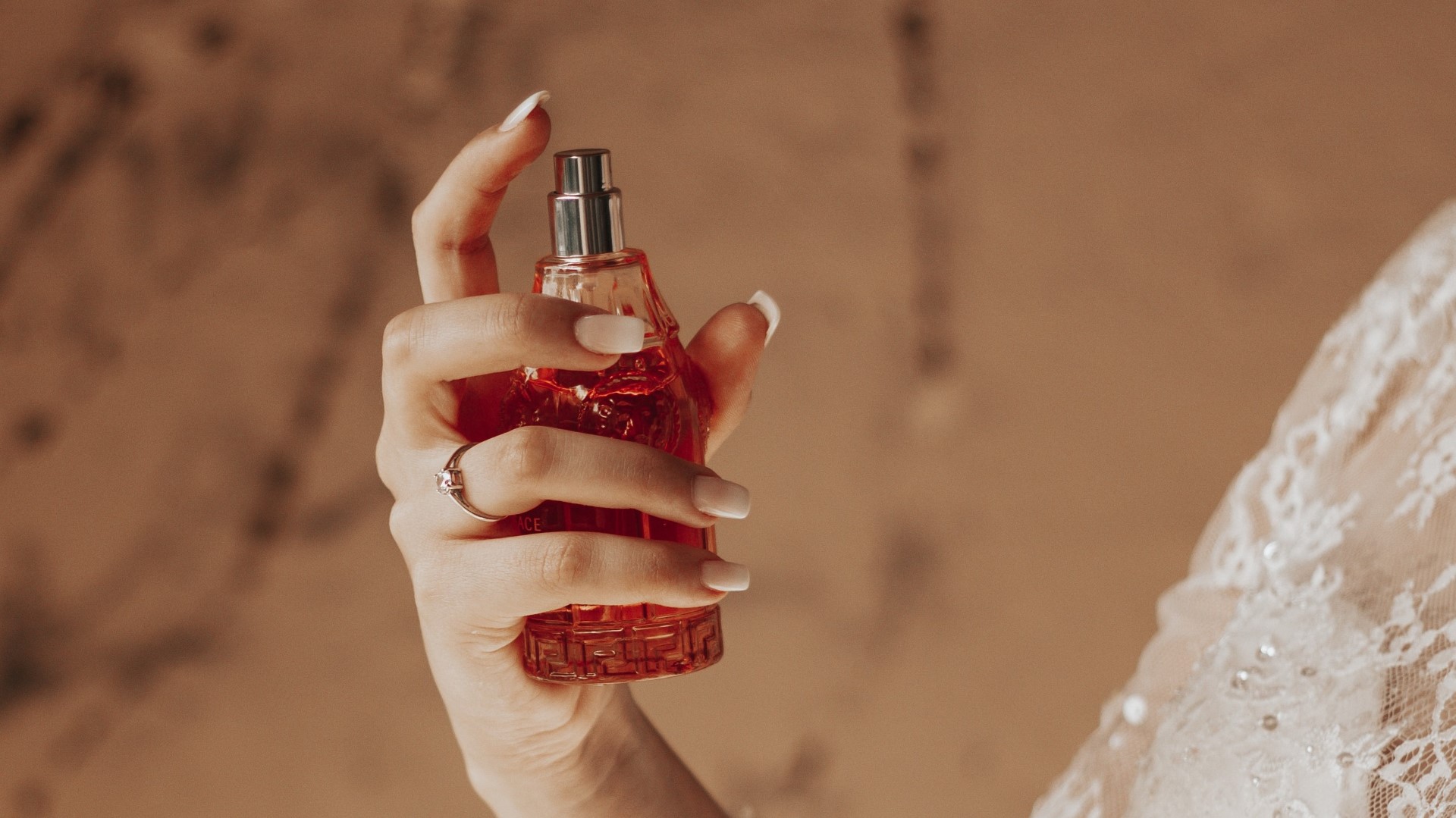
What is the difference between the price of perfume?
The price of perfume is usually related to factors such as the ingredients, quality, formula and brand of the perfume. Here are some common differences between high-priced and low-priced perfumes:
Ingredients and quality: High-priced perfumes usually use higher-quality and pure ingredients, such as natural fragrances and high-grade synthetic fragrances, so the fragrance is more complex and delicate, and the durability and stability are also higher. While low-priced perfumes may use more chemically synthesized fragrances, the taste is relatively simple and not durable.
Formula: High-priced perfumes usually use more complex formulas, containing a variety of different spices and blending ingredients, which can create more diverse fragrance levels and atmospheres. Low-priced perfumes usually use simple formulas, and the fragrance is relatively simple and flat.
Brands: High-priced perfumes are usually products of well-known brands and high-fashion brands, and the reputation and image of the brand can also affect the price. Low-priced perfumes may be products of common brands or mass brands with a relatively low brand reputation.
Packaging and advertising costs: High-priced fragrances typically invest significant resources in packaging and advertising to enhance the brand's image and the buyer's experience. The packaging and advertising costs of low-priced perfumes are relatively low.
Generally speaking, the price of perfume is mainly determined by factors such as ingredients, formula, brand, packaging and advertising costs. Higher priced fragrances are usually of higher quality and complex fragrance layers, while lower priced fragrances may be simpler and blander products.
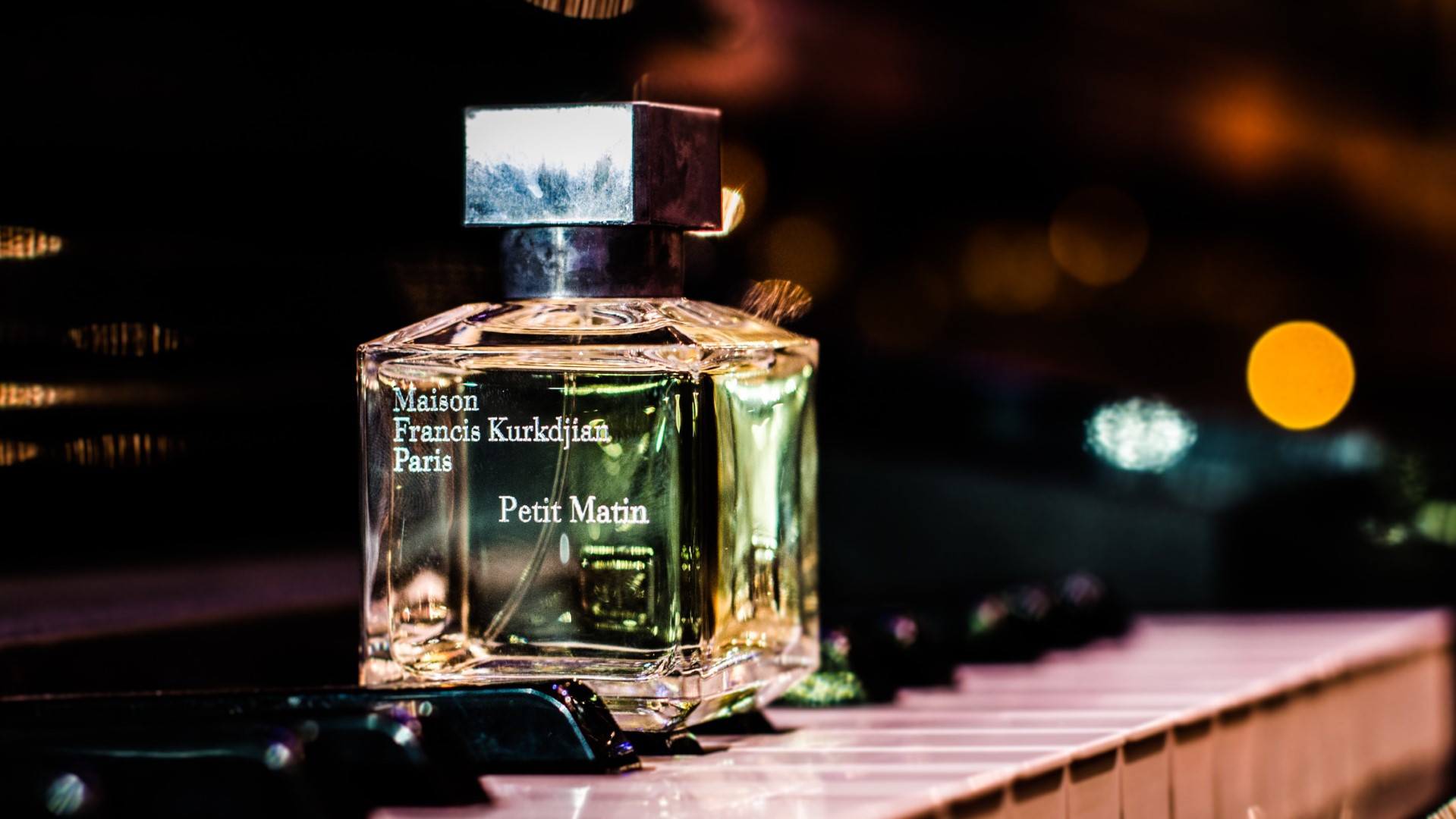
What are the types of perfume?
The types of perfume can be classified mainly according to the strength of the fragrance concentration and the occasion of use. Here are some common fragrances:
Perfume: Perfume has the highest concentration of fragrance, usually the most expensive one in the perfume family, and the longest lasting. The fragrance concentration is generally between 15% and 40%.
Extremely strong perfume (Parfum): the concentration of fragrance is higher than that of perfume, generally between 20% and 50%, and the amount of use is relatively small, and the duration is as long as 24 hours.
Eau de Parfum: Eau de Parfum has a slightly lower fragrance concentration than perfume, usually between 10% and 20%, and has a shorter duration.
Eau de Toilette: The fragrance concentration of Eau de Toilette is lower than that of Eau de Toilette, usually between 5% and 15%, and the duration is shorter.
Cologne (Eau de Cologne): Cologne has the lowest concentration of fragrance, usually between 2% and 5%, and is short-lasting, requiring a lot of spraying when using it.
In addition, there are some special perfumes, such as Perfume Mist, Perfume Gel, Perfume Shower Gel, etc., which have different uses, but all have charming aromas.
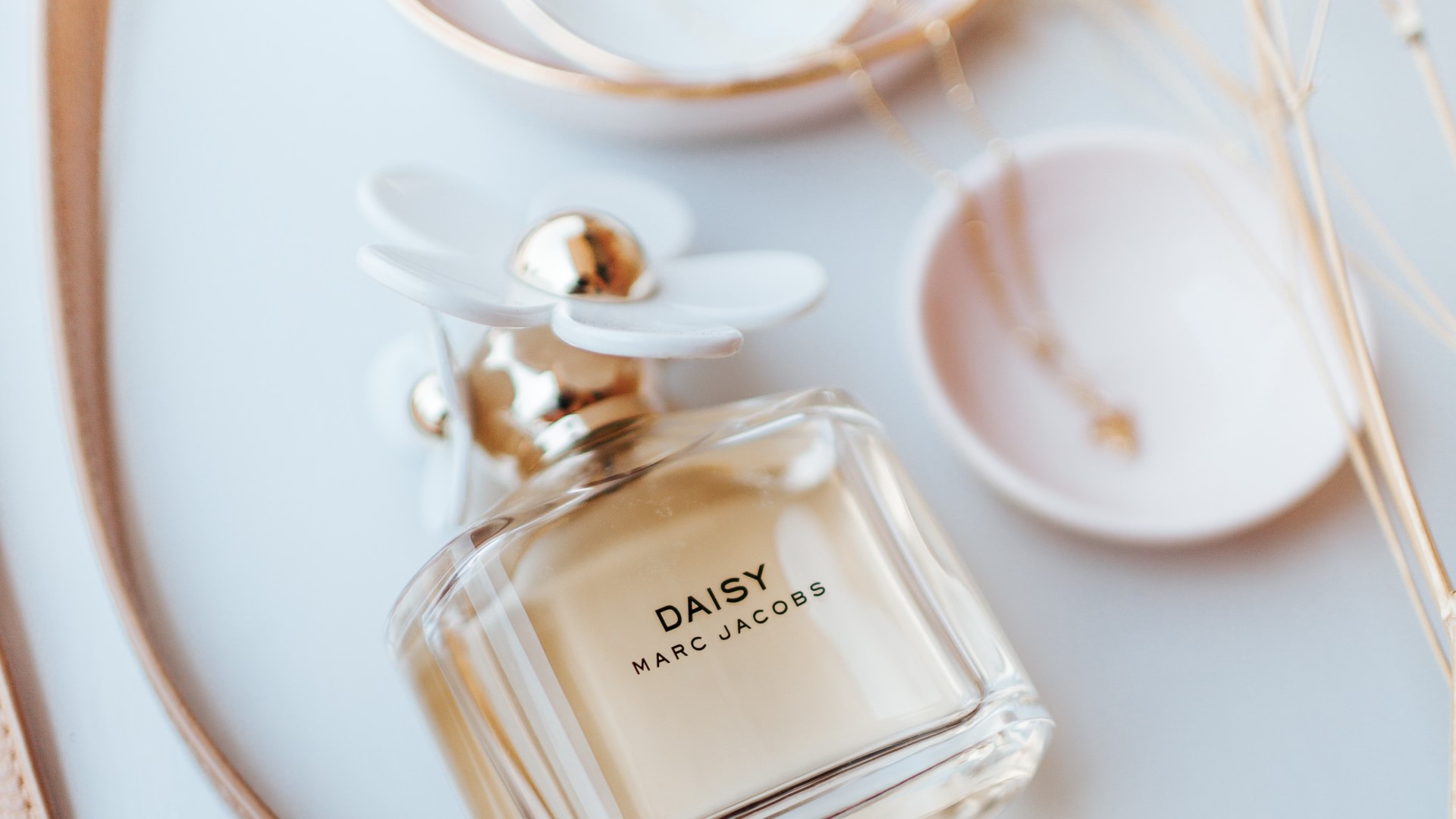
What is the method of using perfume?
The use of perfume can be simply summarized as follows:
Choose the right perfume: Different perfumes are suitable for different occasions and atmospheres, so before using perfume, you need to choose a perfume that suits you. You can choose according to the fragrance tone, fragrance intensity, persistence, brand and so on.
Where to apply: Perfume is usually used on the neck, wrists, chest, back ears, temples, etc. These parts are more likely to emit fragrance. Before applying, you can spray some water on the skin to moisten the skin and help the perfume adhere to the skin better.
Appropriate use: When using perfume, pay attention to the appropriate amount. Excessive use may produce a pungent smell and affect the comfort of people around. Usually use 2-3 times each time, too strong aroma is not conducive to maintaining the overall image.
Matching occasions: In different occasions, the way to use perfume is also different. For example, in formal occasions, the fragrance can be more soft and elegant, while in entertainment occasions, you can choose a more lively, youthful and individual fragrance.
Maintain cleanliness: After using perfume, remember to wash your body and change clothes in time to avoid unpleasant smells caused by perfume residue on your body. At the same time, you can also store some products such as scented candles or fragrance mist in your home to help keep the indoor air fresh and pleasant.
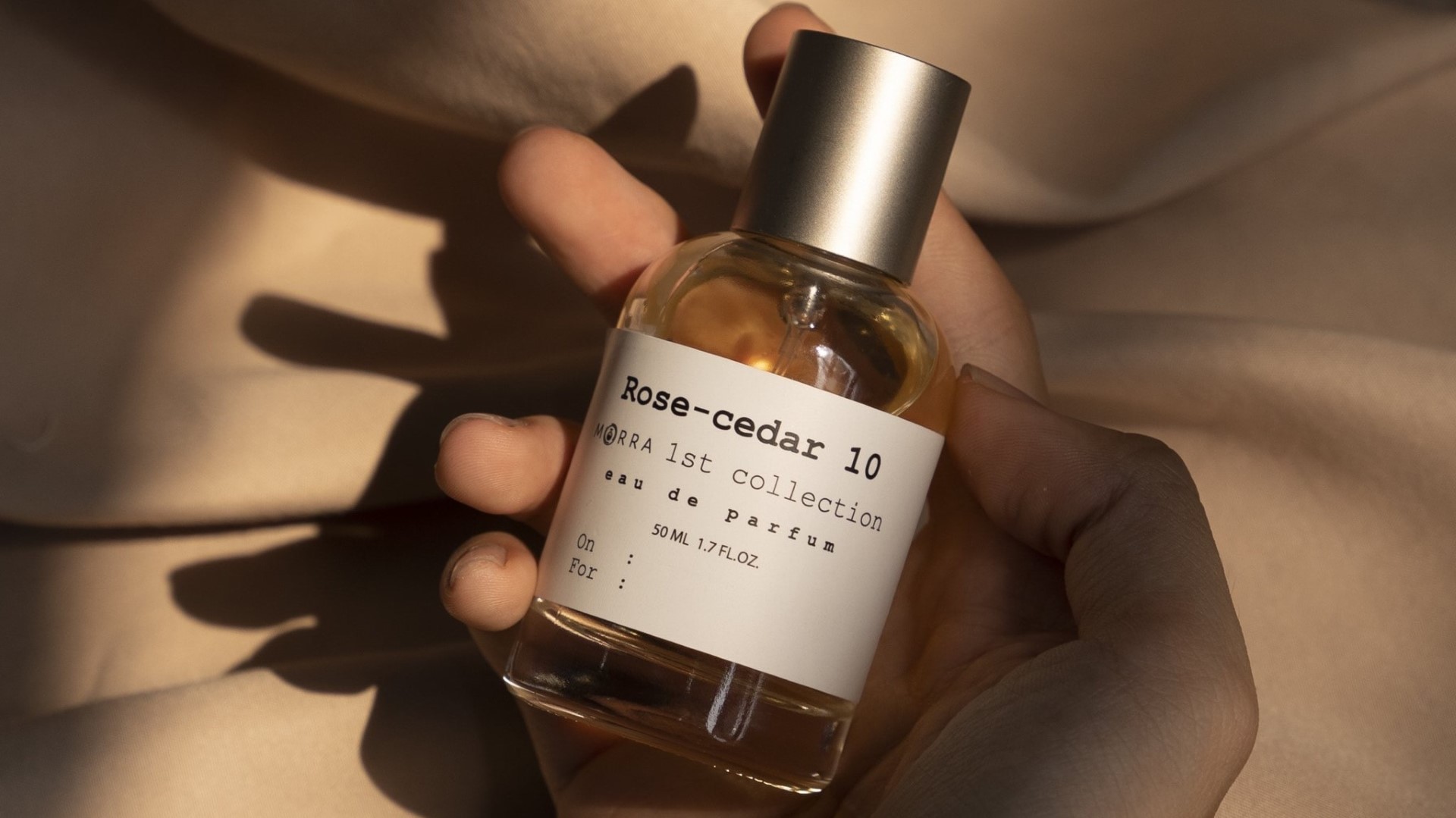
Does the fragrance irritate the skin?
Some perfumes contain ingredients that may irritate the skin of some people, such as alcohol, certain aromatic compounds, etc. Therefore, people with sensitive skin need to pay special attention when using perfume. Here are some dos and don'ts to follow when using perfume:
Test sensitivity: Before using a new fragrance, test it on a less sensitive area such as the wrist or the inside of the arm to see if it causes allergic reactions such as rashes and itching.
Choose a hypoallergenic formula: Some brands of perfume will launch hypoallergenic formula products, you can choose these products to reduce irritation.
Avoid spraying on wounds or sunburned skin: When spraying perfume, you should avoid spraying on wounds or sunburned skin, so as not to aggravate skin discomfort.
Use in moderation: When using perfume, use it in moderation to reduce the possibility of skin irritation.
Discontinuation of use: If skin discomfort occurs after use of perfume, use should be discontinued immediately and professional medical advice should be sought if symptoms are severe.
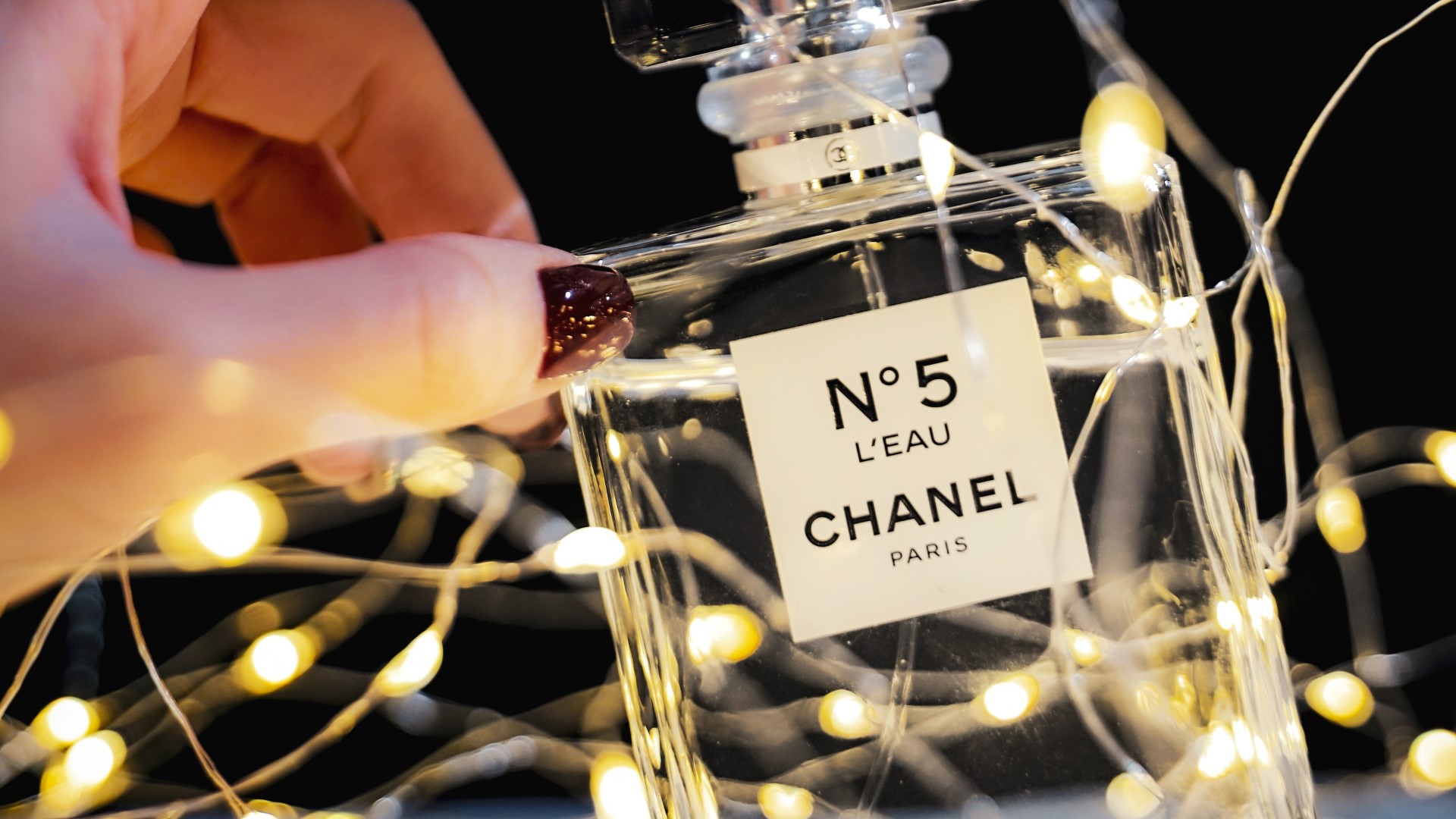
What is the application of perfume?
There are many applications for perfume, here are some common ones:
Daily life: Use eau de toilette or perfume spray to feel fresher and more confident.
Social occasions: In social occasions, using perfume can add personal charm, but you should pay attention to the amount used, not too strong, so as not to cause discomfort.
Dinner or formal occasions: In dinner or formal occasions, you can use stronger perfumes to highlight your own temperament.
Sports or Outdoor Activities: During sports or outdoor activities, a fresh, light fragrance should be used to reduce irritation.
Work place: In the work place, relatively light perfume should be used to avoid too strong fragrance affecting the feelings of colleagues or customers.
No matter what the occasion, when using perfume, you should pay attention to the amount of use and the type of aroma that suits you, so that perfume can become an equipment that increases self-confidence and enhances temperament.
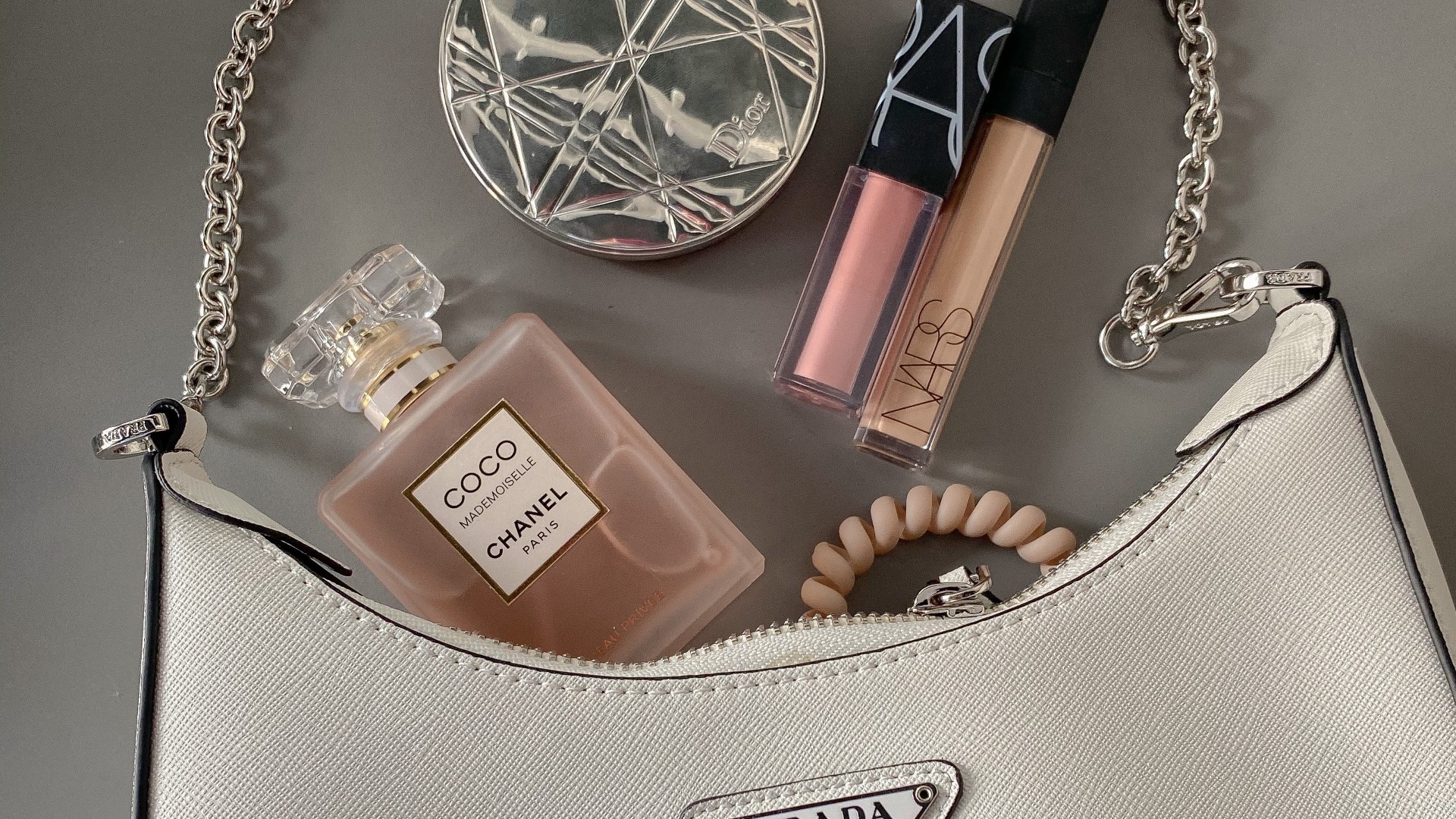
How to choose a perfume to match your personal smell and style?
Choosing a fragrance that suits you requires consideration of your own smell and style, here are some suggestions for choosing a fragrance:
Know how you smell: Everyone smells different, some people prefer floral and fruity scents, while others prefer fresh, light scents. So, start by knowing what kind of aroma you like.
Consider your personal style: The choice of perfume should be in line with your personal style, for example, if you are an energetic person, you can choose a fresh, fruity fragrance; if you are more elegant and mature, you can choose a stronger fragrance.
Fragrance test: When choosing a perfume, you can go to the perfume counter to test the fragrance, test the suitability of different aromas, and observe whether the perfume is compatible with your own smell.
Evaluate the fragrance persistence: Different fragrances have different durations. Some fragrances can last for several hours, while others can only last for tens of minutes. Therefore, when choosing a perfume, you need to evaluate the persistence of the fragrance to choose a product that meets your needs.
Choose the right seasonal fragrance: different seasons need to choose different fragrances, for example, fresh and light fragrances are suitable for summer, while strong and warm fragrances can be used for winter.
In short, the choice of perfume needs to be based on personal smell, style and needs. Fragrance testing is a very important step. At the same time, factors such as the persistence of fragrance and seasons need to be considered.
